The relationship between snoring, sleep apnea and menopause is multifaceted and can have significant implications for a woman's health and well-being. As you know by now, sleep apnea is a sleep disorder characterized by repeated interruptions in breathing during sleep.
Menopause can contribute to the development or worsening of sleep apnea in several ways:
- Hormonal Changes: During menopause, there is a significant decline in estrogen levels. Estrogen has a protective effect on the upper airway muscles, helping to keep them toned and preventing collapse during sleep. The reduction in estrogen during menopause can lead to a relaxation of these muscles, increasing the risk of airway collapse, snoring and obstructive sleep apnea (OSA).
- Weight Gain: Many women experience weight gain during and after menopause, which is associated with an increased risk of snoring and sleep apnea. Excess weight, particularly around the neck and throat area, can narrow the airway and make it more susceptible to collapse during sleep.
- Changes in Sleep Architecture: Menopausal women may experience changes in their sleep patterns and sleep architecture. Sleep disruptions and changes in sleep stages can affect respiratory control during sleep, potentially contributing to sleep apnea.
- Impact on Sleep Quality: Snoring and sleep apnea can disrupt sleep quality and lead to daytime fatigue and sleepiness, which can further exacerbate menopausal symptoms and affect a woman's overall well-being during this transitional phase.
Recognizing and Managing Sleep Apnea during Menopause:
It's crucial for menopausal women to be aware of the potential risk of sleep apnea and be vigilant about any signs or symptoms, such as loud snoring, choking or gasping for breath during sleep, and excessive daytime sleepiness. If sleep apnea is suspected, it is essential to seek a proper evaluation from a healthcare professional.
Management of sleep apnea during menopause may involve a combination of lifestyle changes, medical interventions, and, if necessary, the use of continuous positive airway pressure (CPAP) therapy. Some strategies to address sleep apnea risk during menopause include:
- Maintain a Healthy Weight: Adopting a healthy lifestyle, including a balanced diet and regular exercise, can help manage weight gain and reduce the risk of sleep apnea.
- Sleeping Position: Sleeping on the side instead of the back may help reduce the severity of sleep apnea, especially for those with positional OSA.
- Hormone Replacement Therapy (HRT): If considering HRT for menopausal symptoms, discuss potential risks and benefits, including its impact on sleep apnea, with a healthcare provider.
- Nasal Dilator Strips: Over-the-counter nasal dilator strips may help some individuals improve nasal airflow and reduce snoring.
- Dental Appliances: Dental appliances that bring forward the mandible can be an effective solution for mild to moderate sleep apnea and snoring.
- CPAP Therapy: For moderate to severe sleep apnea, CPAP therapy is the most effective treatment. A CPAP machine delivers a continuous flow of air through a mask, keeping the airway open during sleep.
Conclusion:
Menopause can be a challenging time for women, with hormonal changes potentially contributing to sleep disturbances and an increased risk of sleep apnea. Awareness of these potential risks, along with proper evaluation and management, can help women navigate through menopause with improved sleep quality and overall well-being. Seeking guidance from your Empower Sleep provider is essential in identifying and addressing sleep apnea or any other sleep-related issues during menopause.



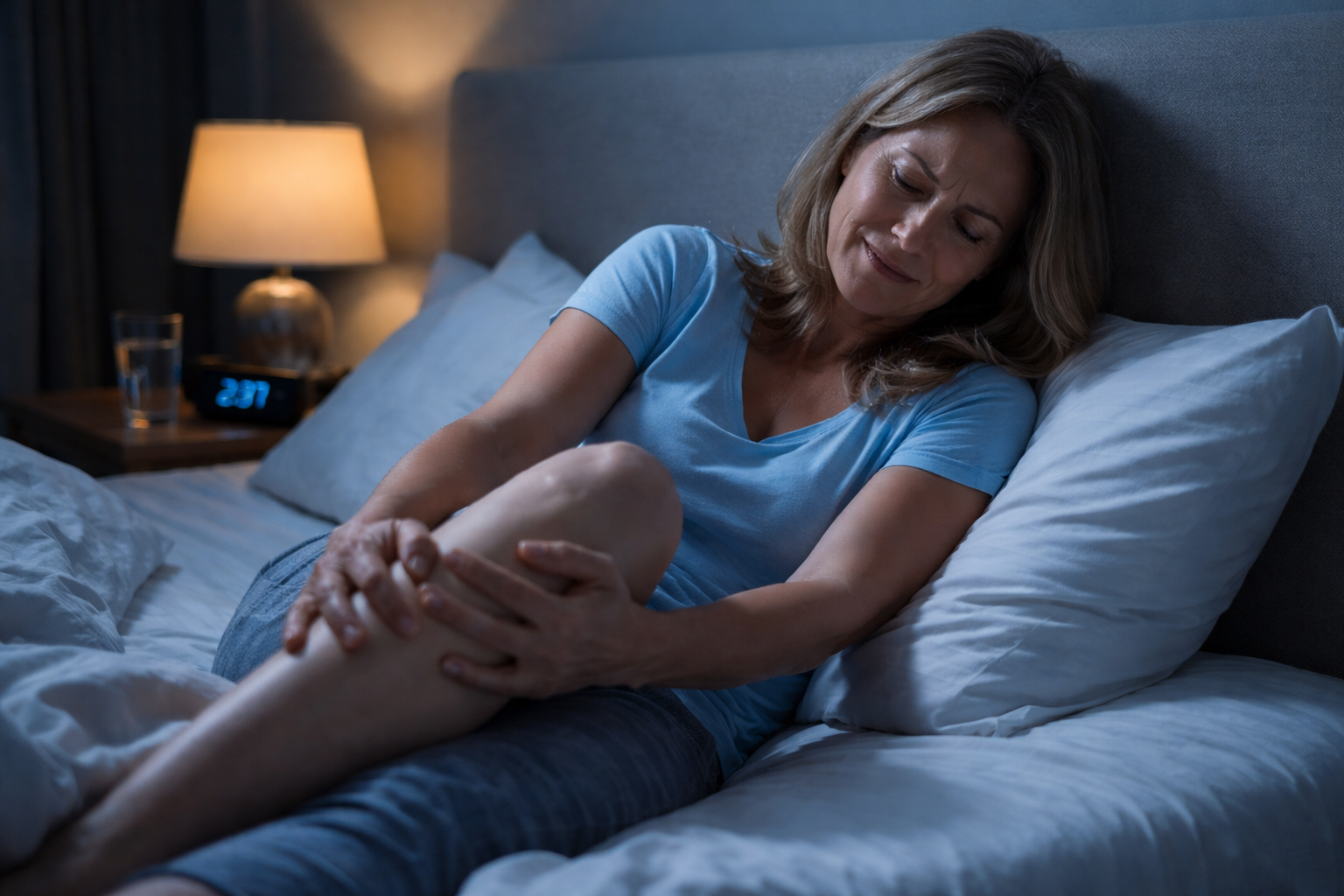
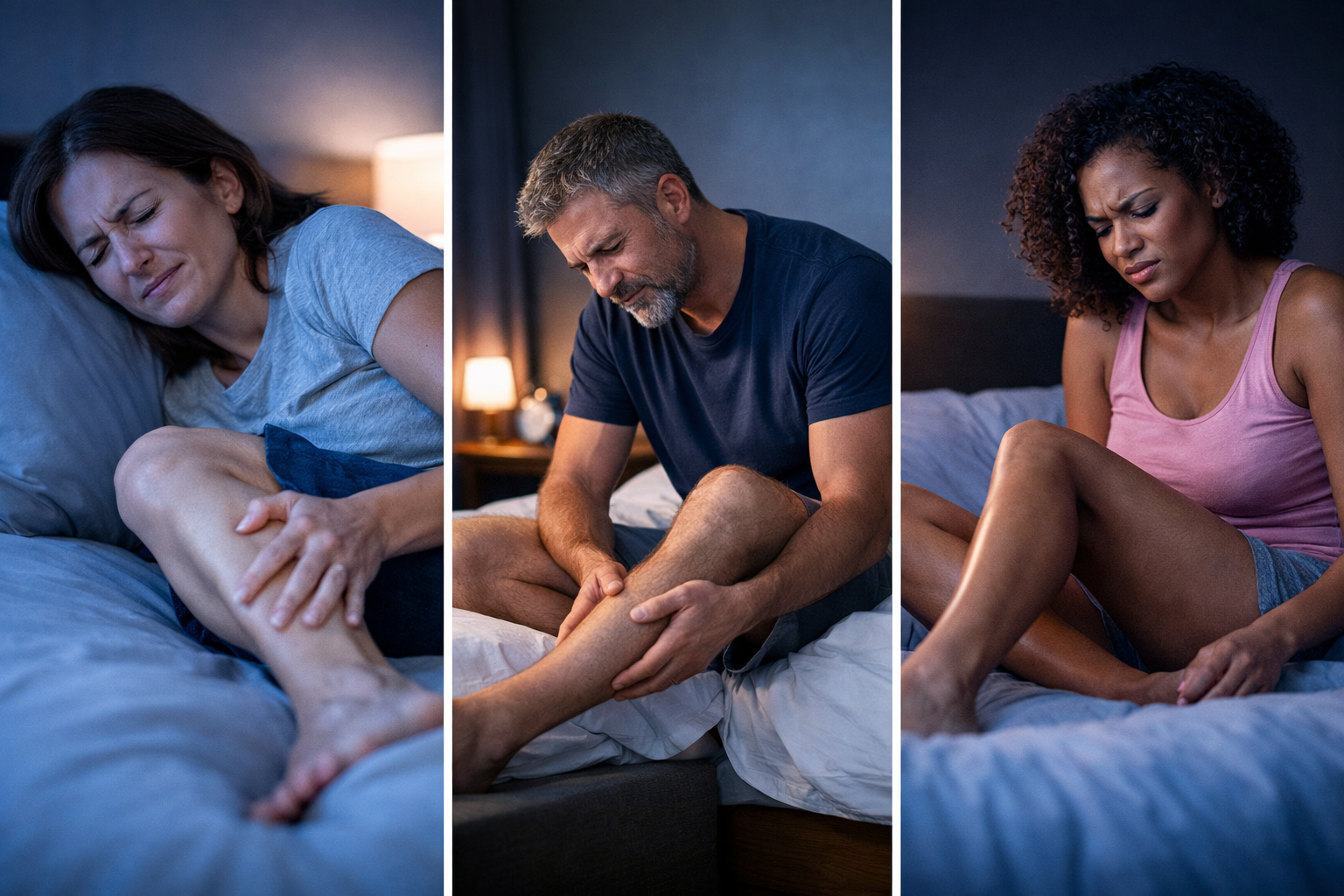


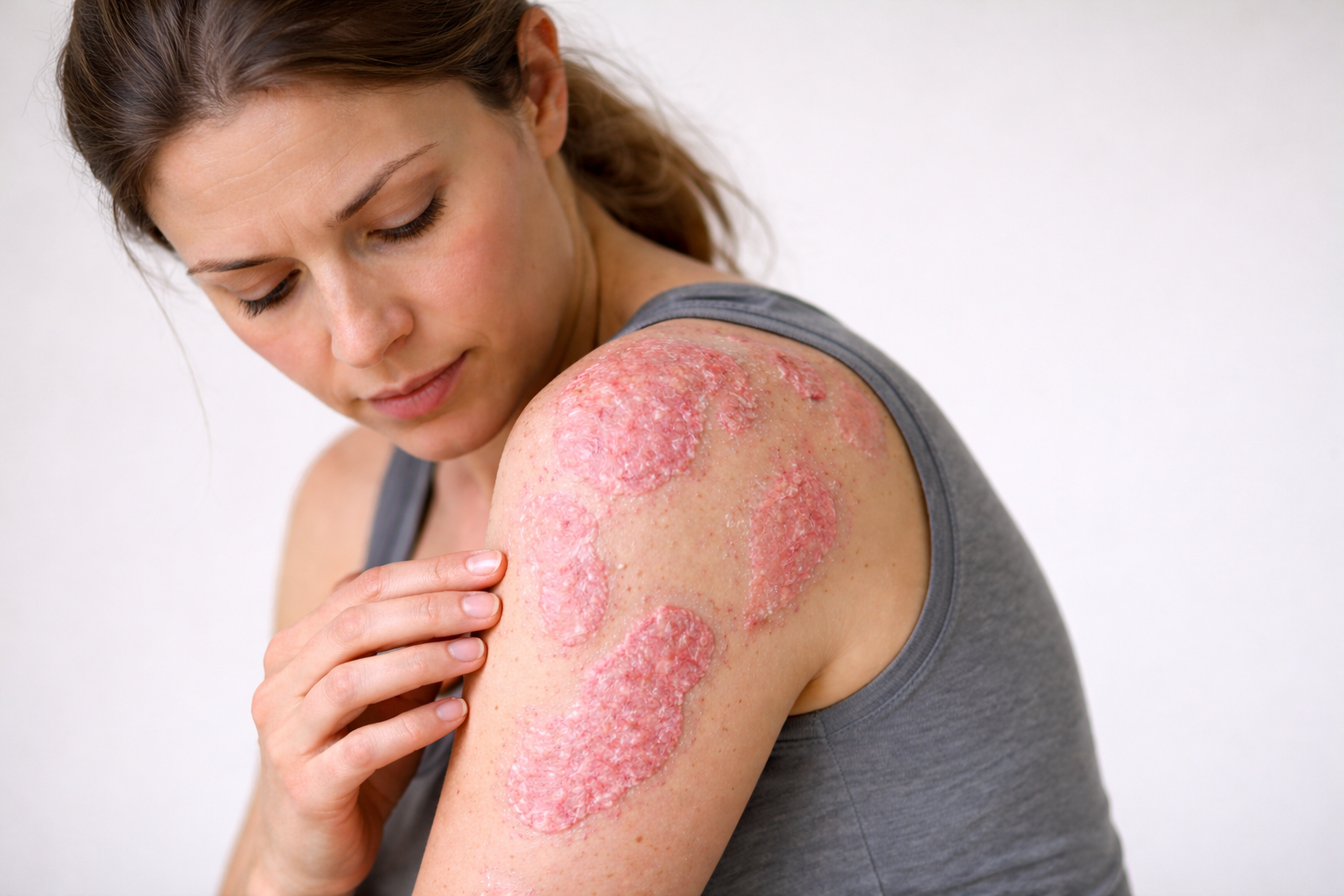
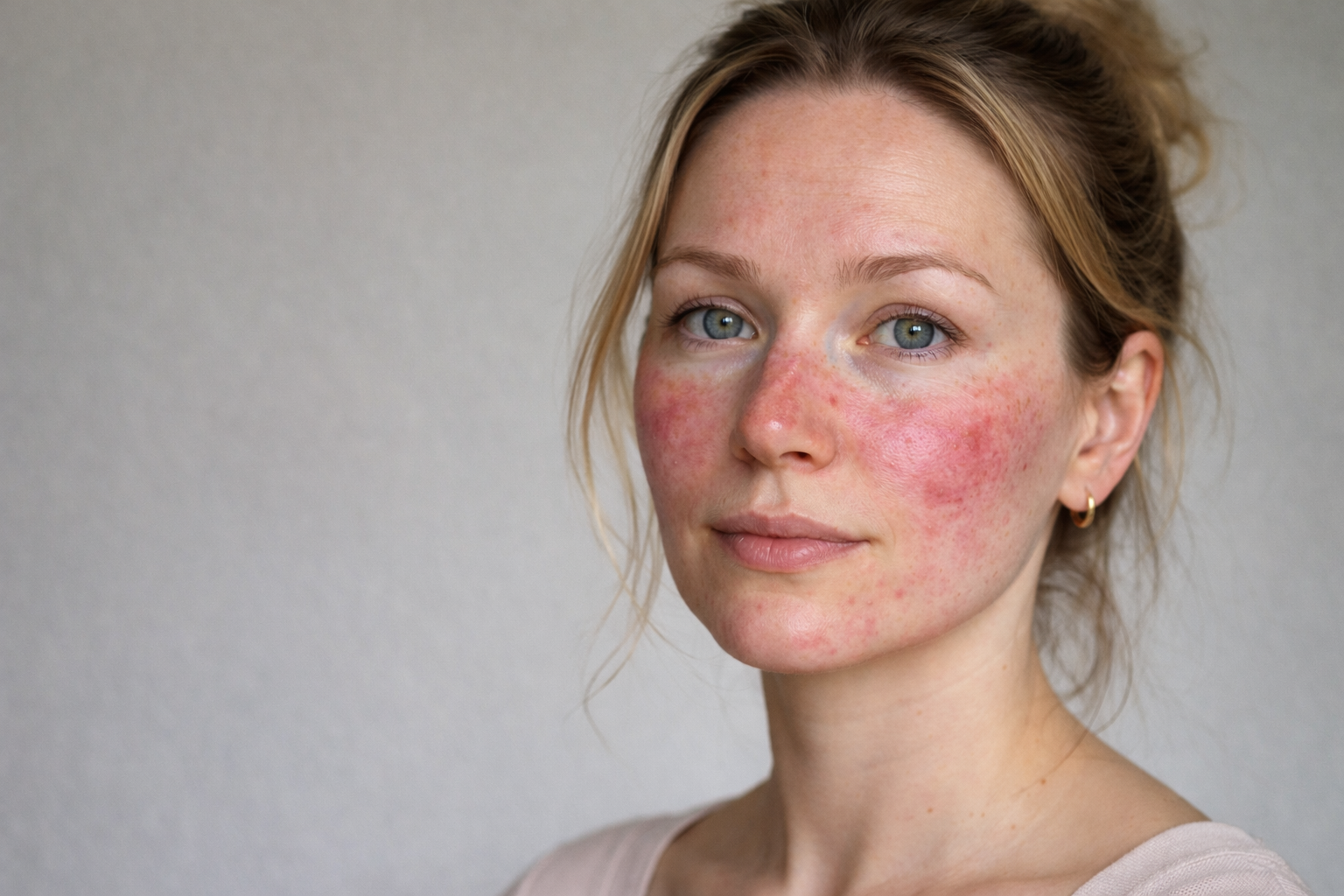

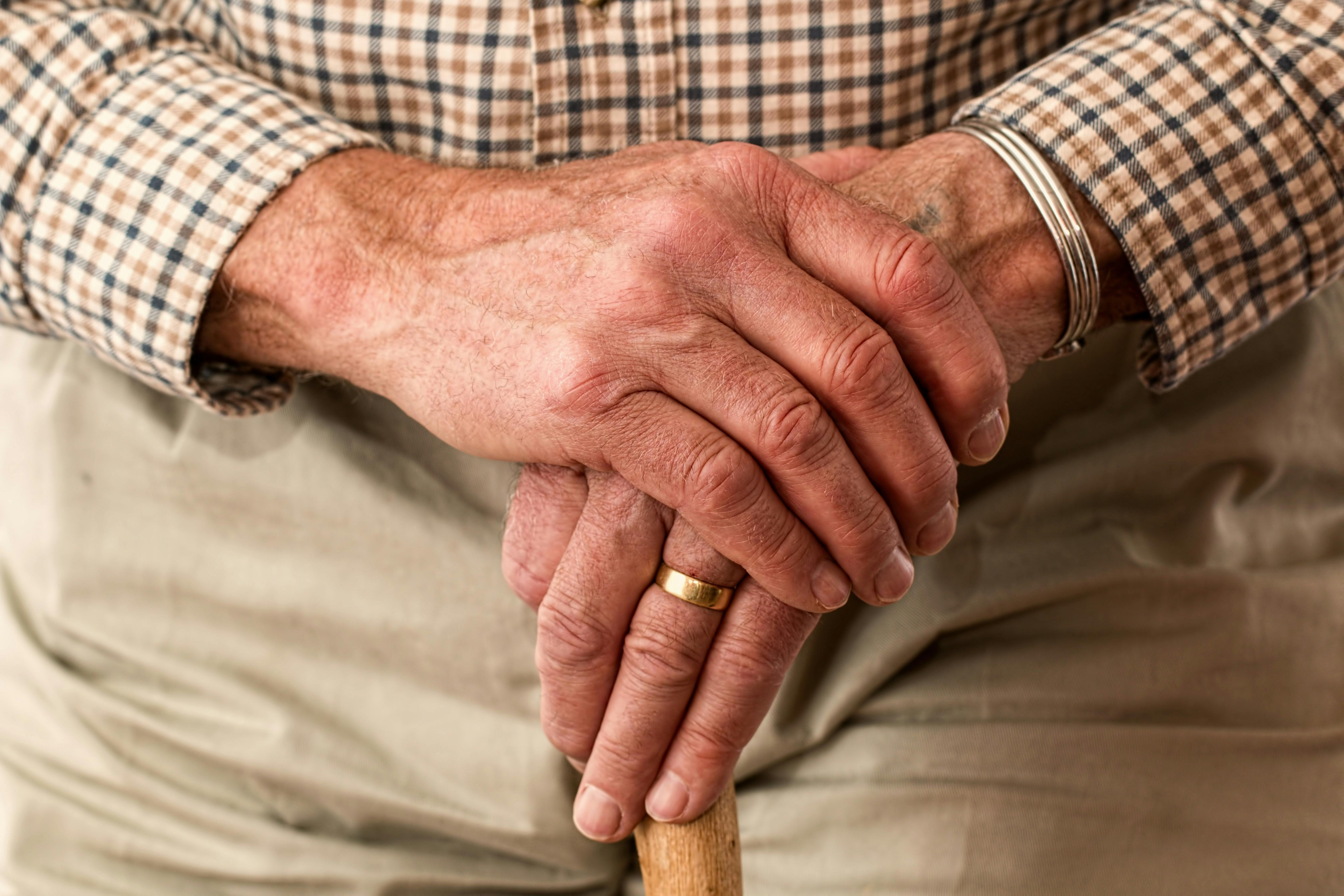
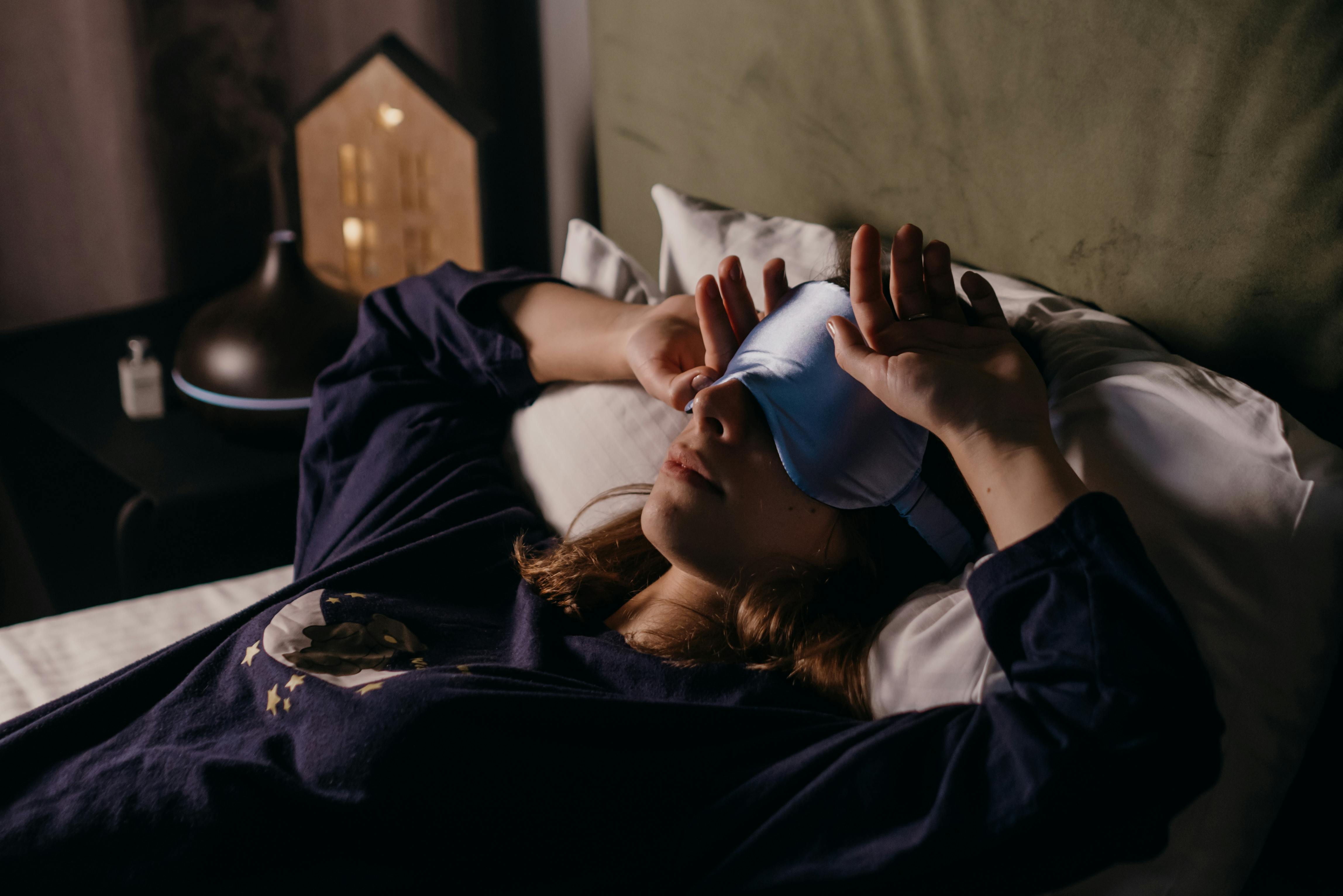

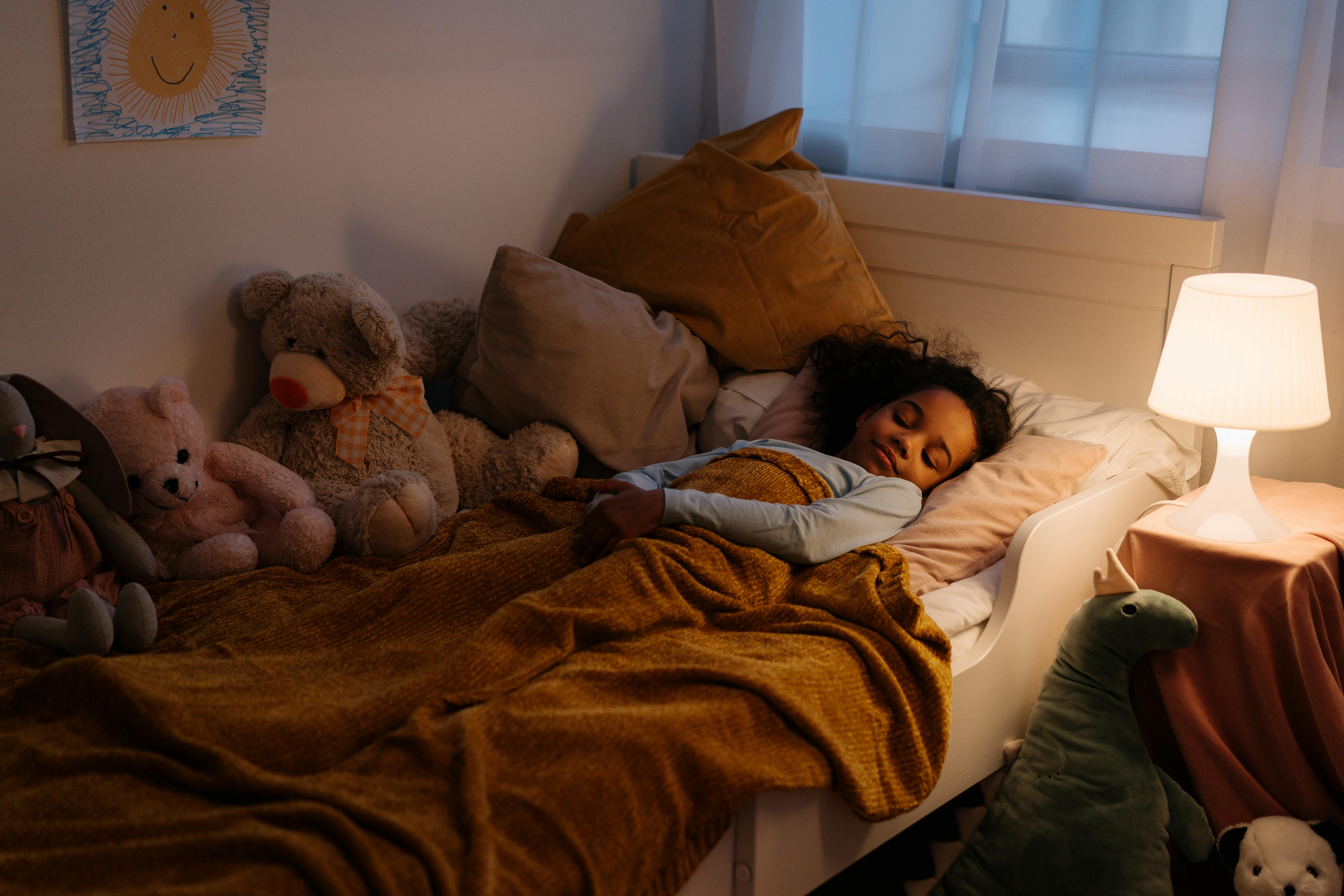


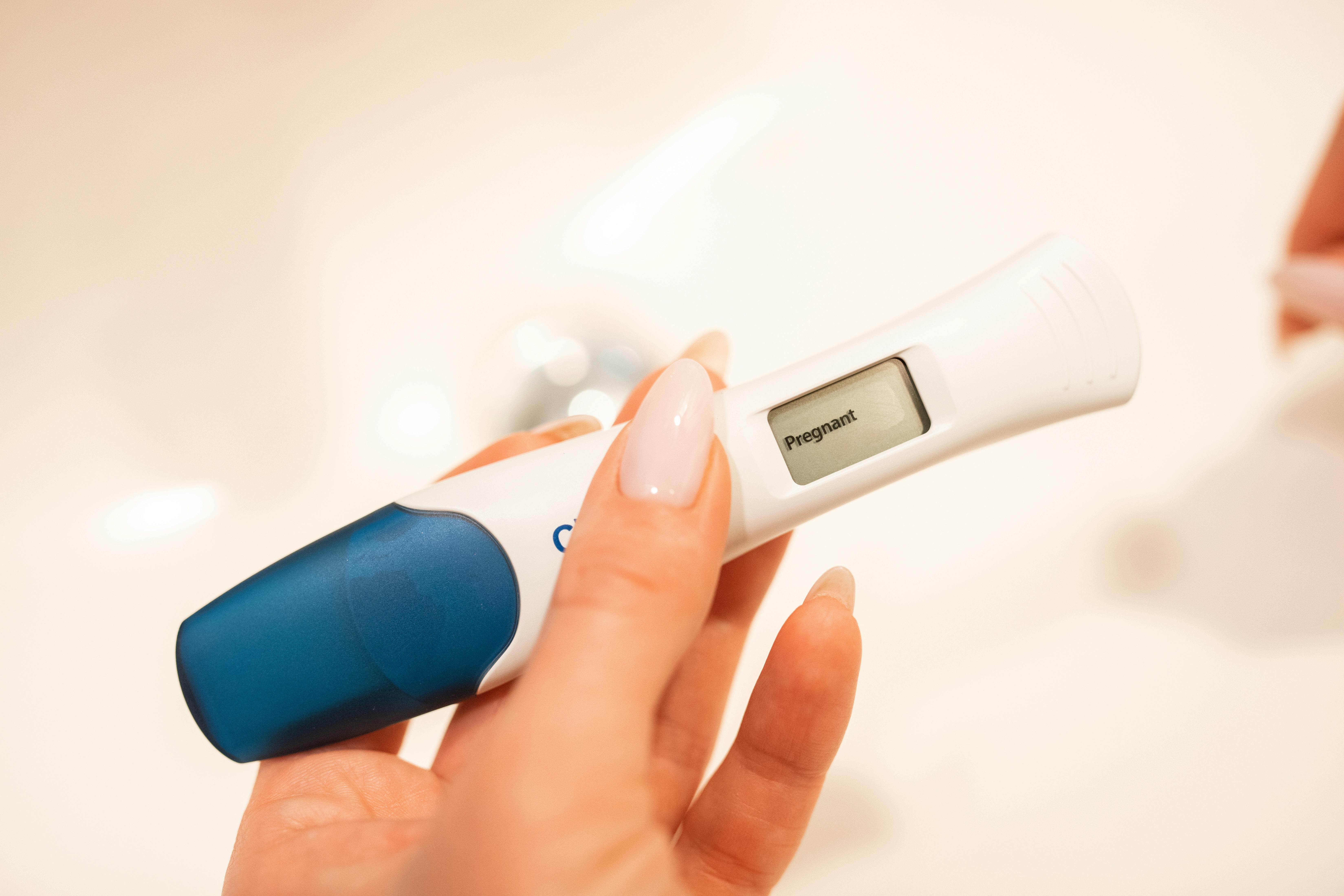





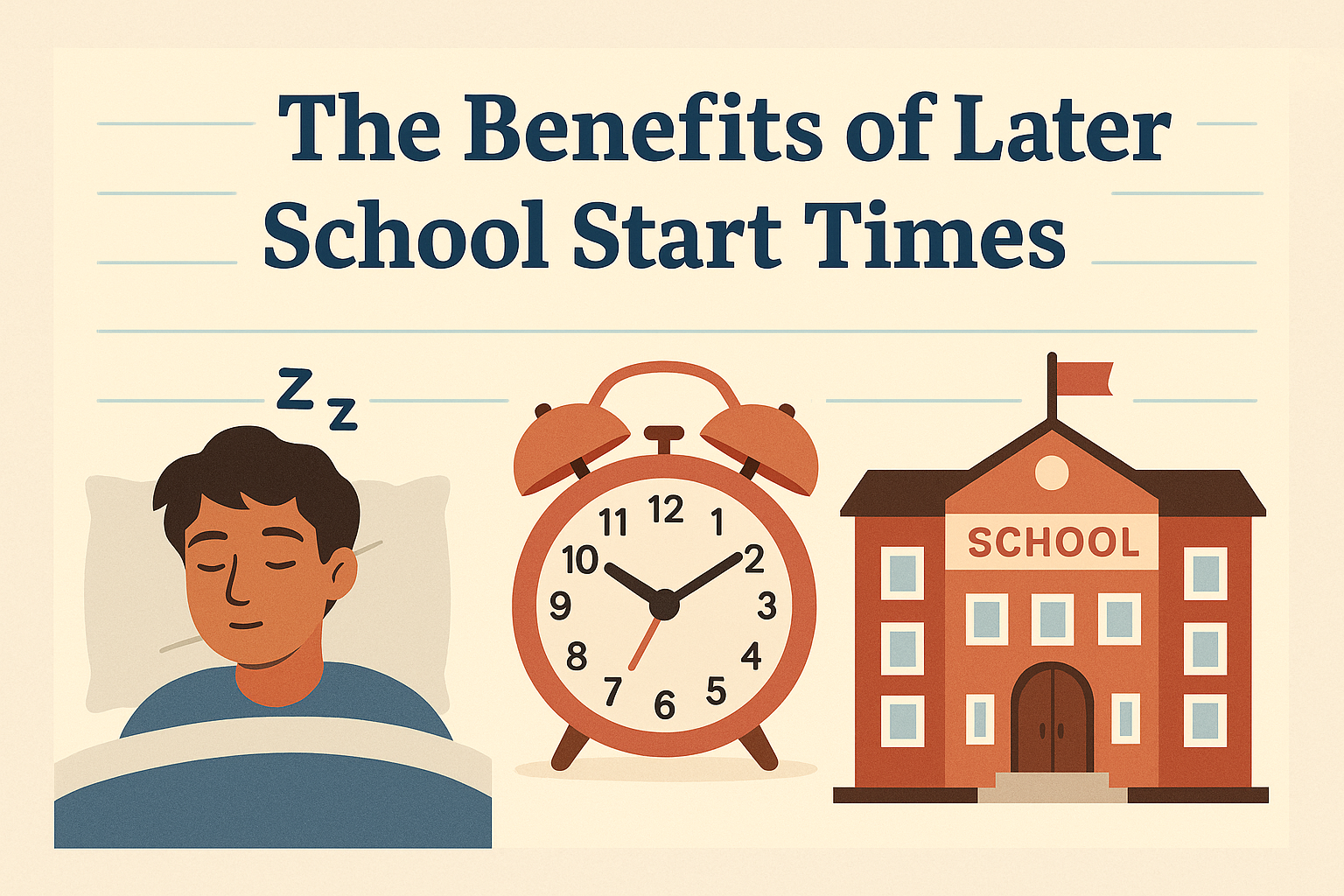

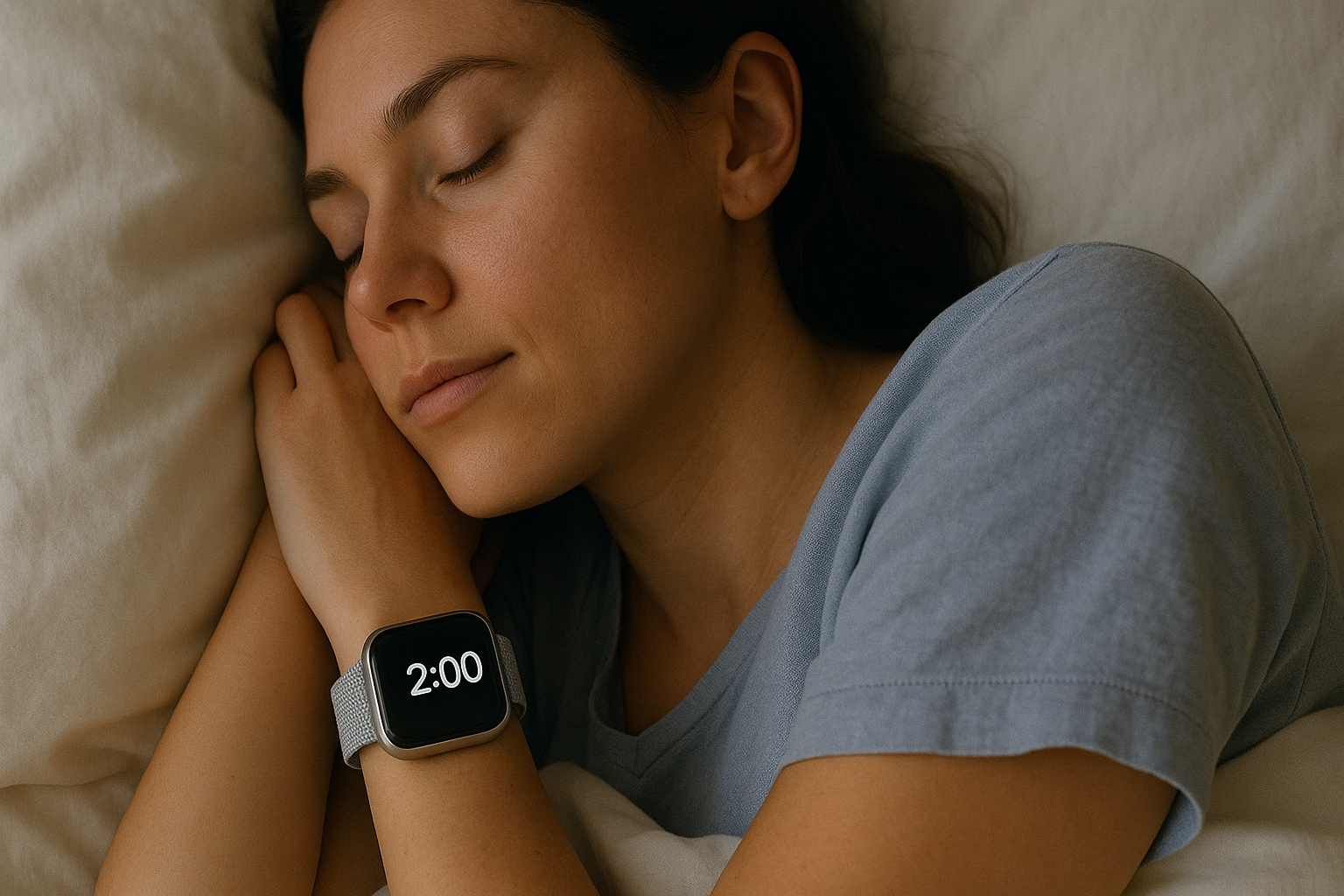


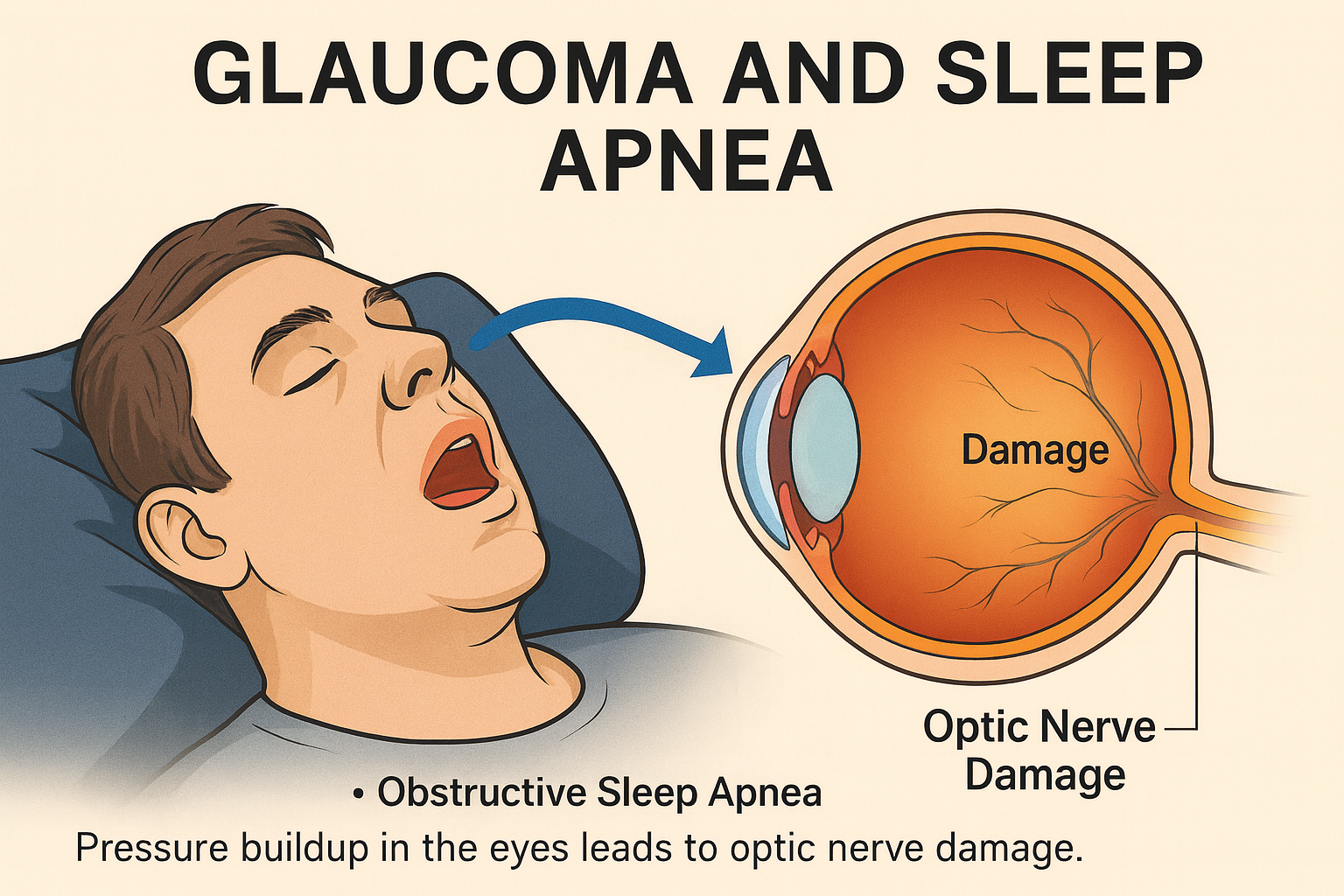

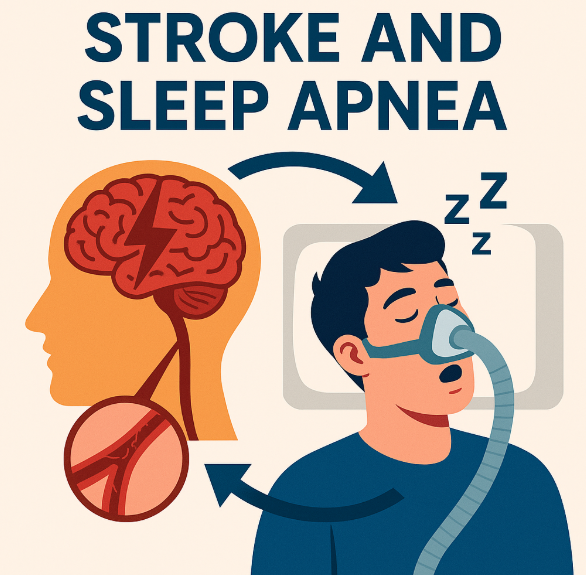
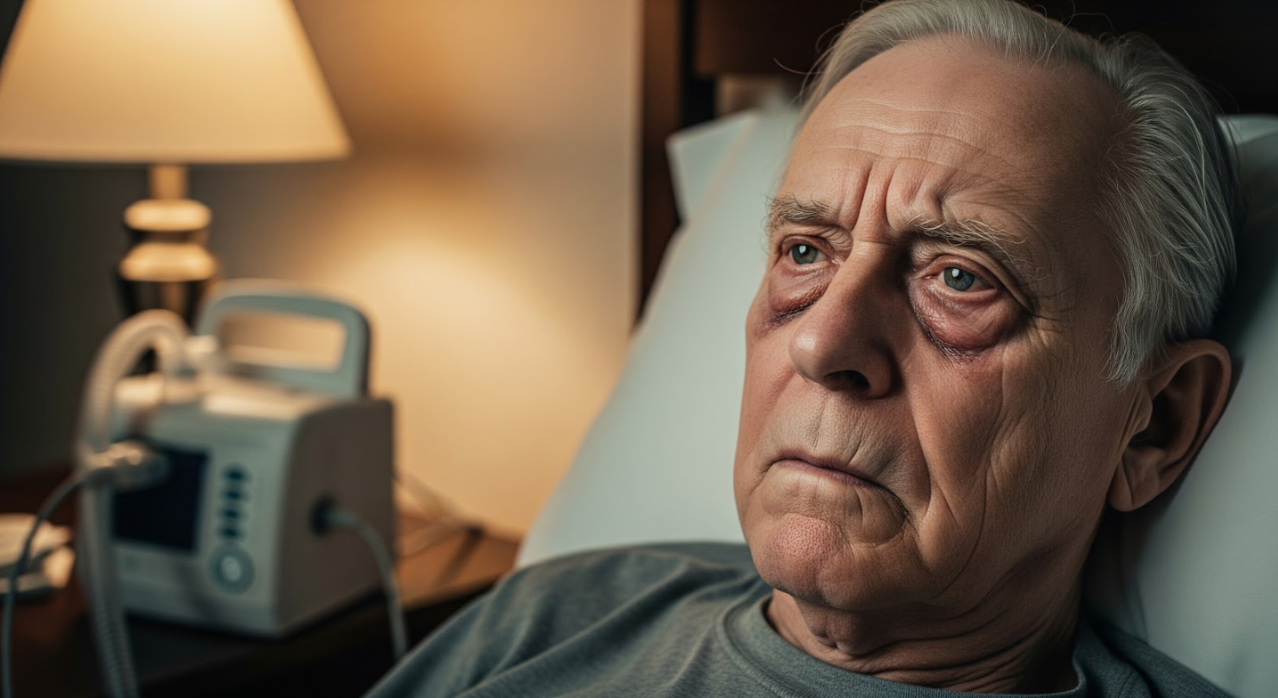
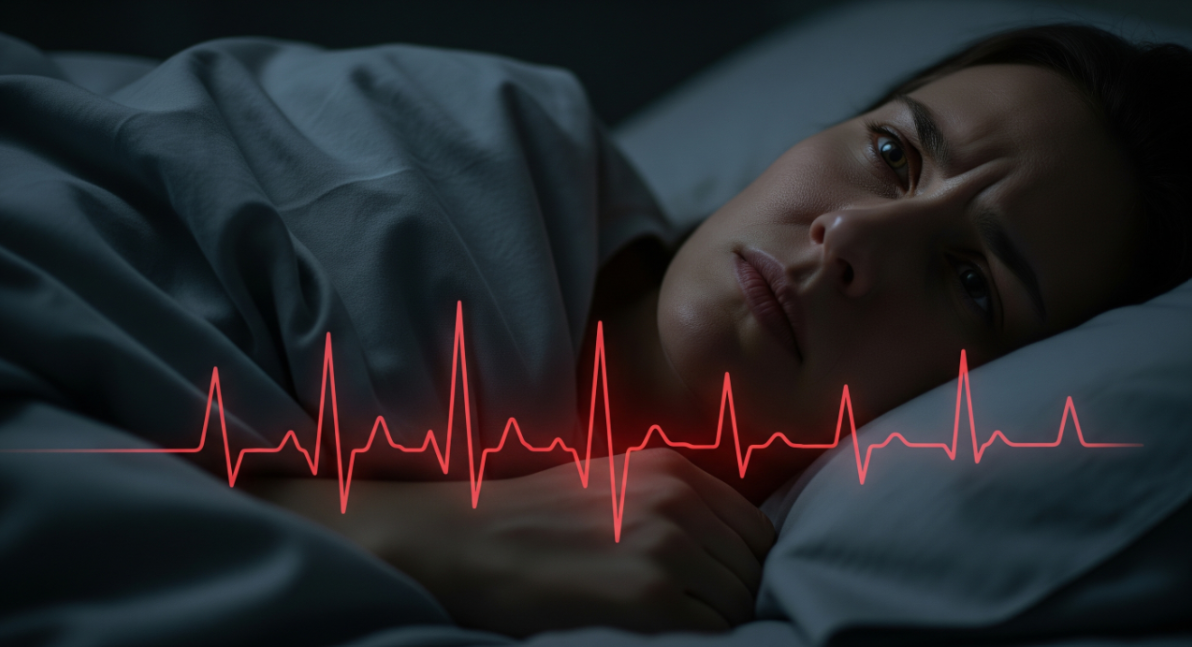






























































%20thumbnail.jpg)
.png)